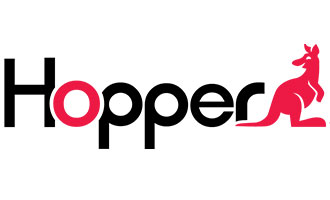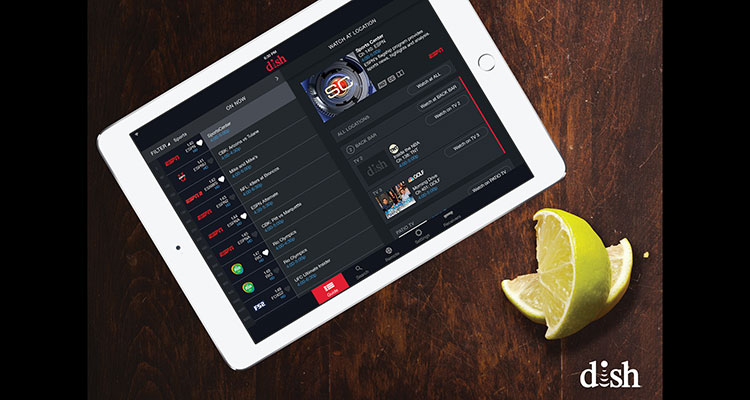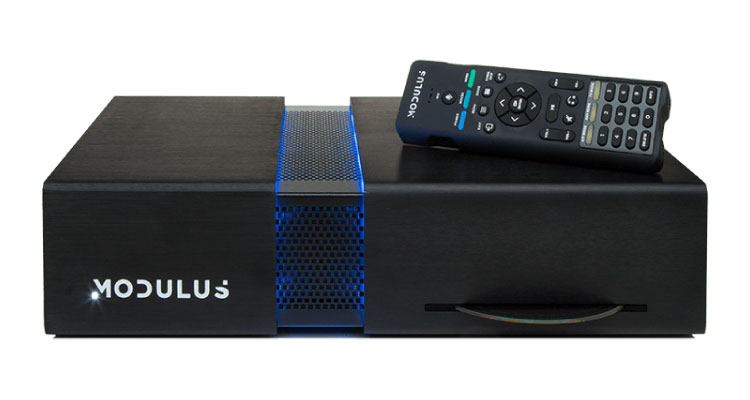Dish Getting Traction in Court Cases Involving DVR Features
 By Aldo Cugnini
By Aldo Cugnini
DisplayDaily
Two court cases attempting to block DISH Networks’ use of certain DVR features have generated rulings this month in favor of the satellite content provider.
The first ruling, issued by Judge Laura Swain of the Southern District of New York, United States District Court, has denied the ABC Network’s efforts to block DISH Network’s commercial-skipping Hopper video recorder features with its Prime Time Anywhere service. Similar claims made by the CBS Network were also denied in the case. With the PrimeTime Anytime feature, users have the ability to record primetime network shows and save them for up to eight days. DISH’s AutoHop feature can be enabled by users to play back certain PrimeTime Anytime recordings commercial-free, starting the day after broadcast.
In the second ruling, the United States District Court, Central District of California, denied a preliminary injunction motion filed by Fox Broadcasting Company seeking to block the place-shifting features found on DISH’s Hopper Whole-Home DVR platform. In their motion, Fox has attempted to block customer access to the DISH Anywhere and Hopper Transfers features. According to DISH Executive Vice President and General Counsel, R. Stanton Dodge, the decision is the fourth in a string of “victories for consumers” related to their Hopper Whole-Home DVR platform.
DISH Anywhere, using Sling technology built into DISH’s Hopper with Sling Whole-Home DVR, provides a DISH customer, once they receive a television signal in their home, the capability to remotely view that signal from a single Internet-connected device (mobile phone, tablet or PC). With the Hopper Transfers feature, a DISH customer can move or duplicate certain Hopper DVR recordings made by the customer to an iPad; unlike DISH Anywhere, no Internet connection is needed for viewing.
Last year, Dish sued ABC, CBS Corp. and Comcast Corp.’s NBC in New York, seeking a preemptive judgment that its AutoHop ad-skipping feature, which affects only broadcast shows, doesn’t violate network copyrights or contracts. The same day, Fox, CBS and NBC sued Dish in Los Angeles for copyright infringement and breach of contract, saying that the DVR features violated the terms of their retransmission consent agreement.
In this battle, DISH is clearly pushing to bring consumer-friendly features to their viewing platform, and the networks are trying to defend their ad-driven business. The messy aspect is that negotiations for carrying content have increasingly become a shoot first, ask questions later practice. But both content distribution businesses – advertiser and subscription-based – are tenaciously holding on to an old revenue model that is being bucked by alternate delivery means such as the Internet and broadband wireless. One can envision an eventual scenario where ad rates have successfully adjusted to the results of legal actions.
On the other hand, high-quality network programming could face the risk of diminishing financial support from advertisers, creating a new content wasteland consisting of only the most cheaply-produced programming: reality TV. One hopes that is not the ultimate fate of free TV.




